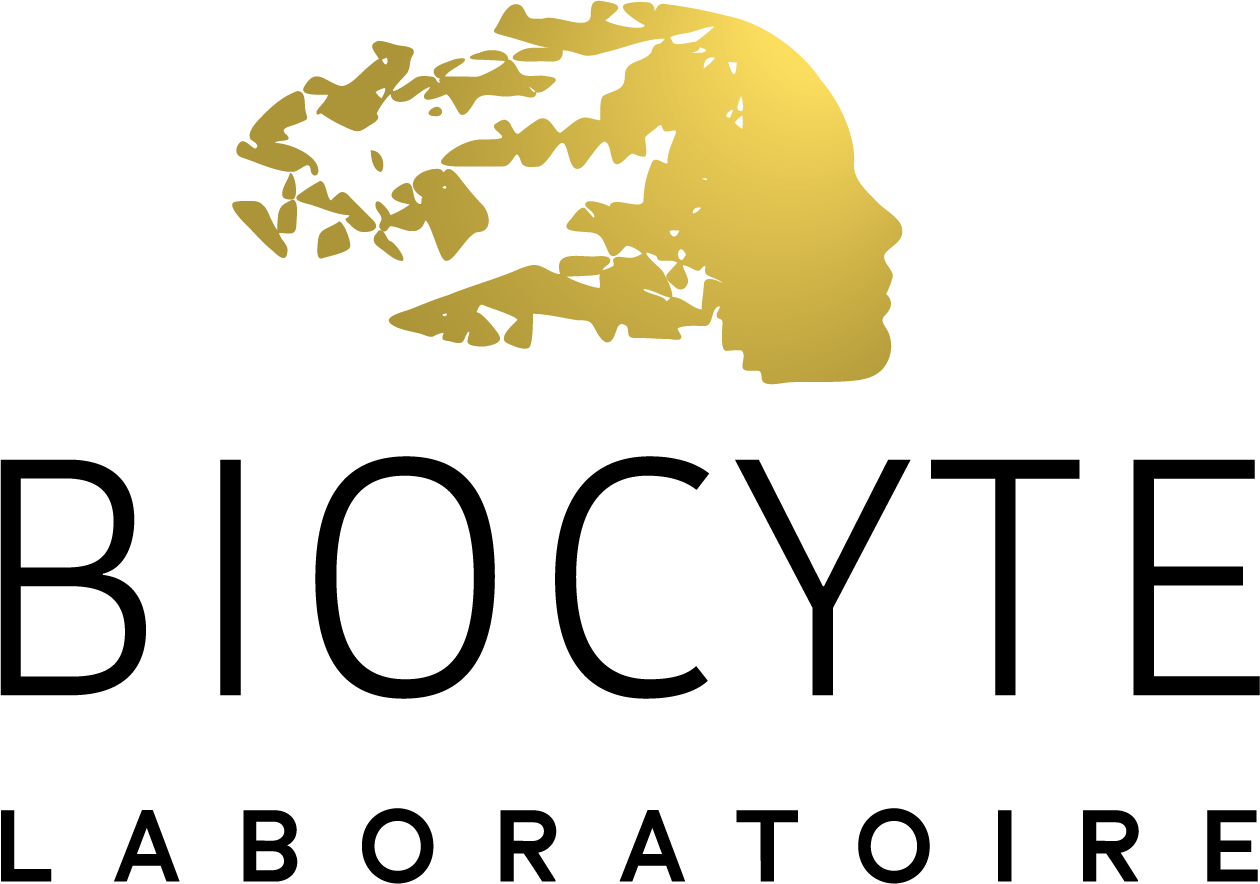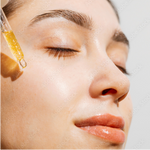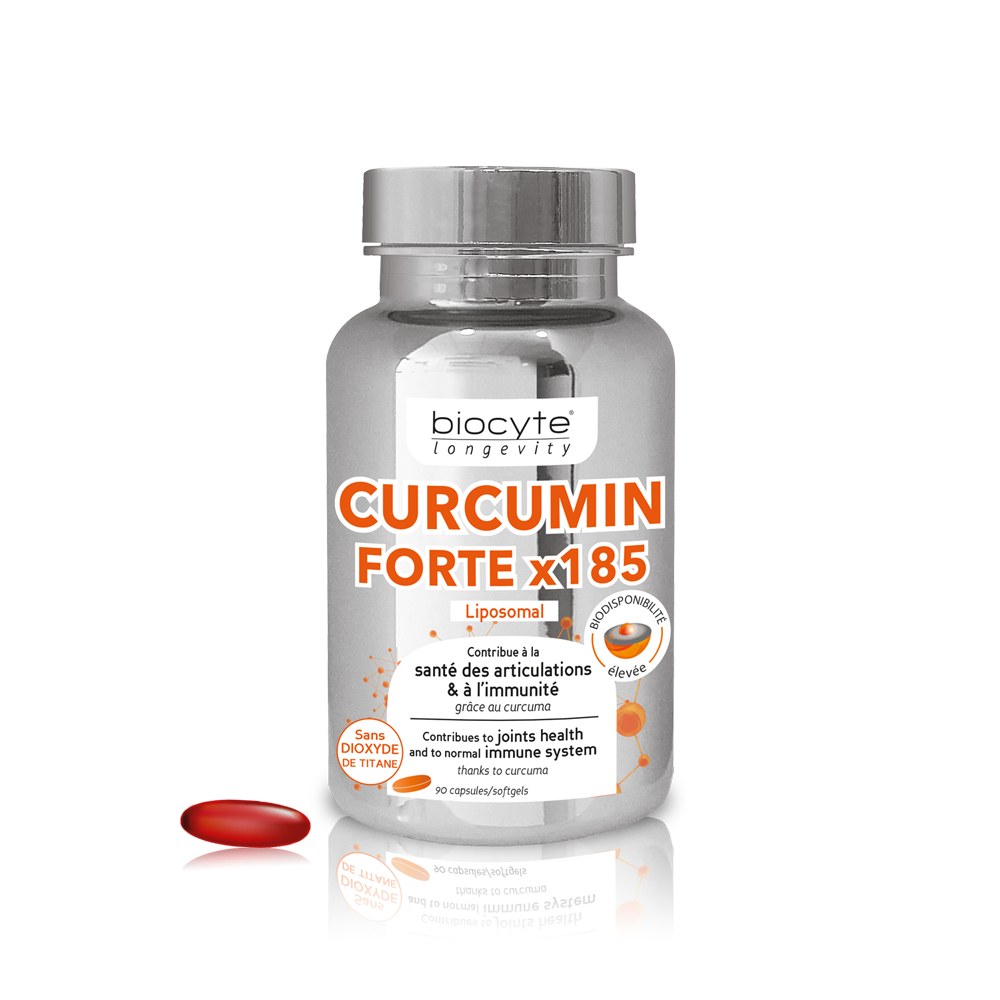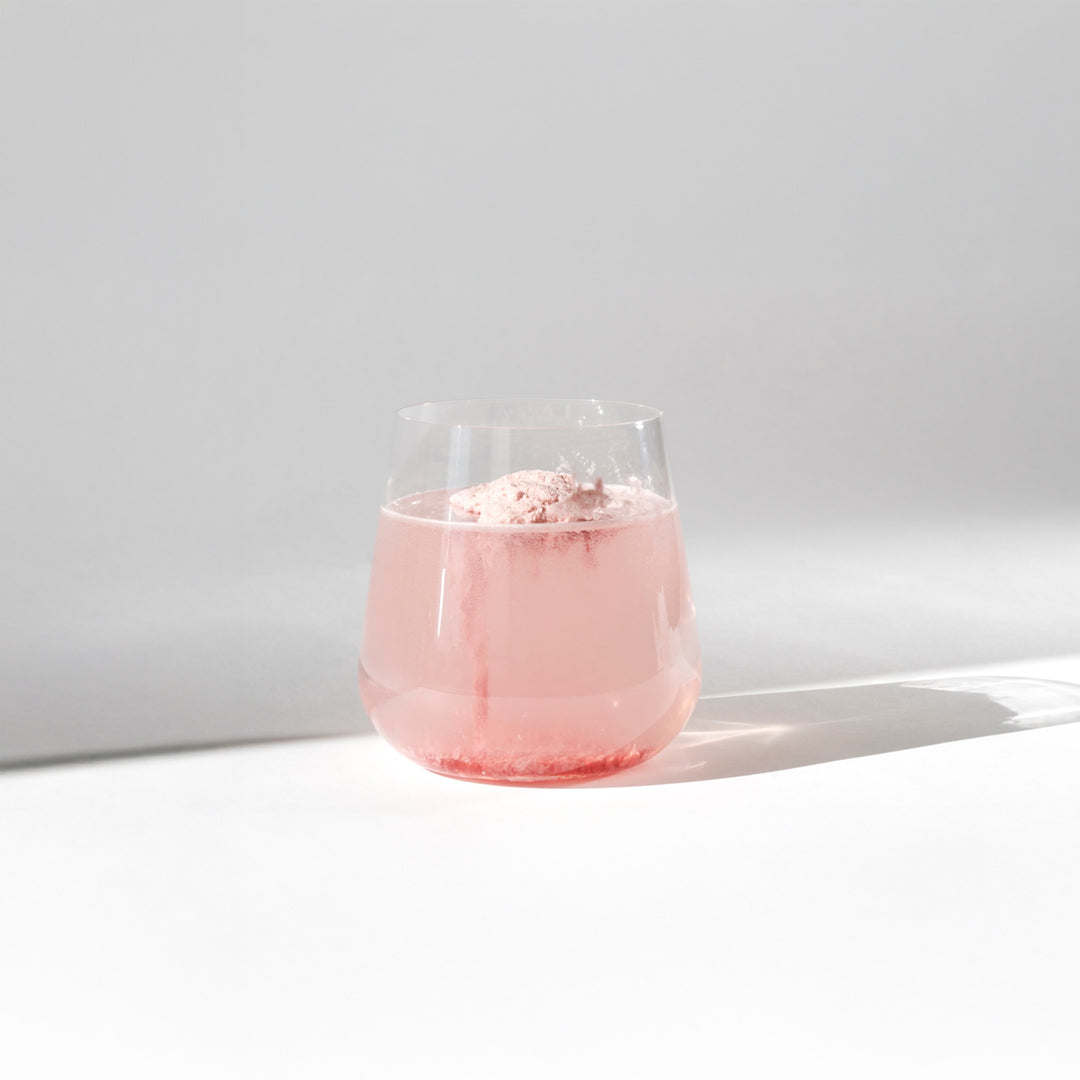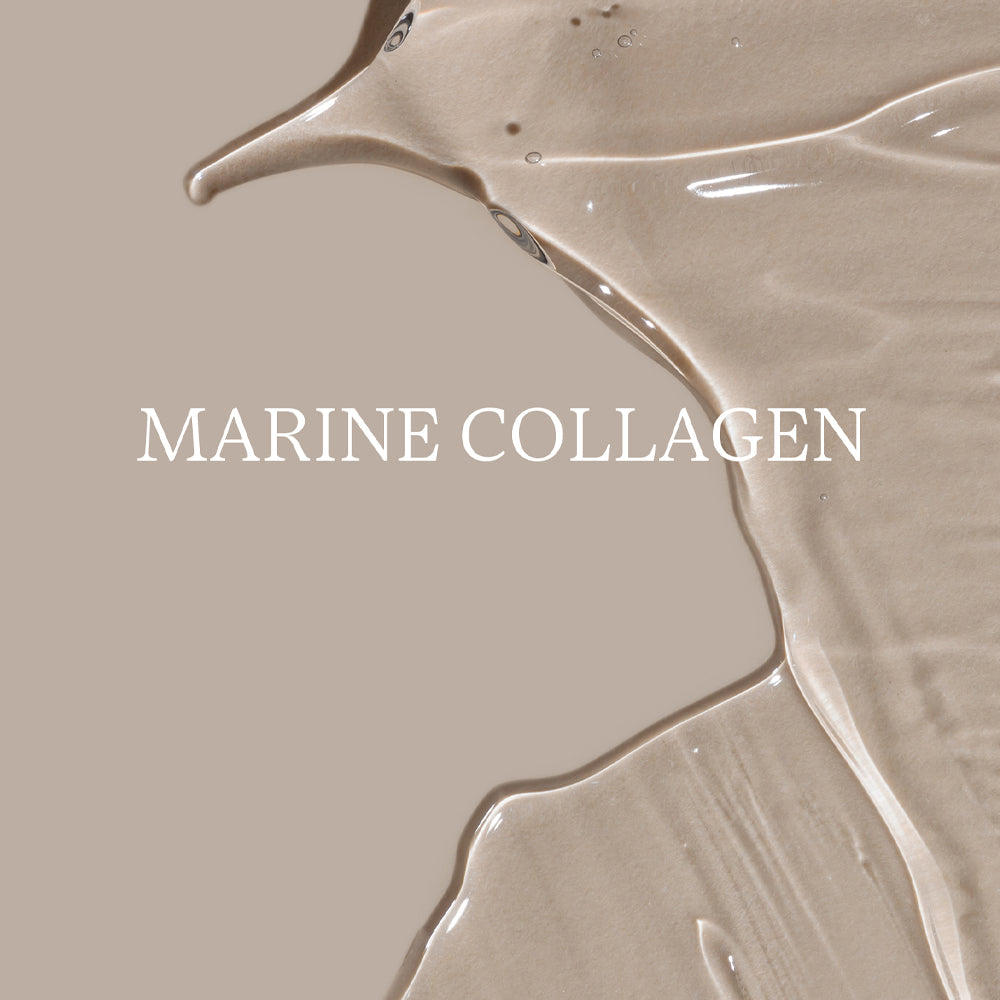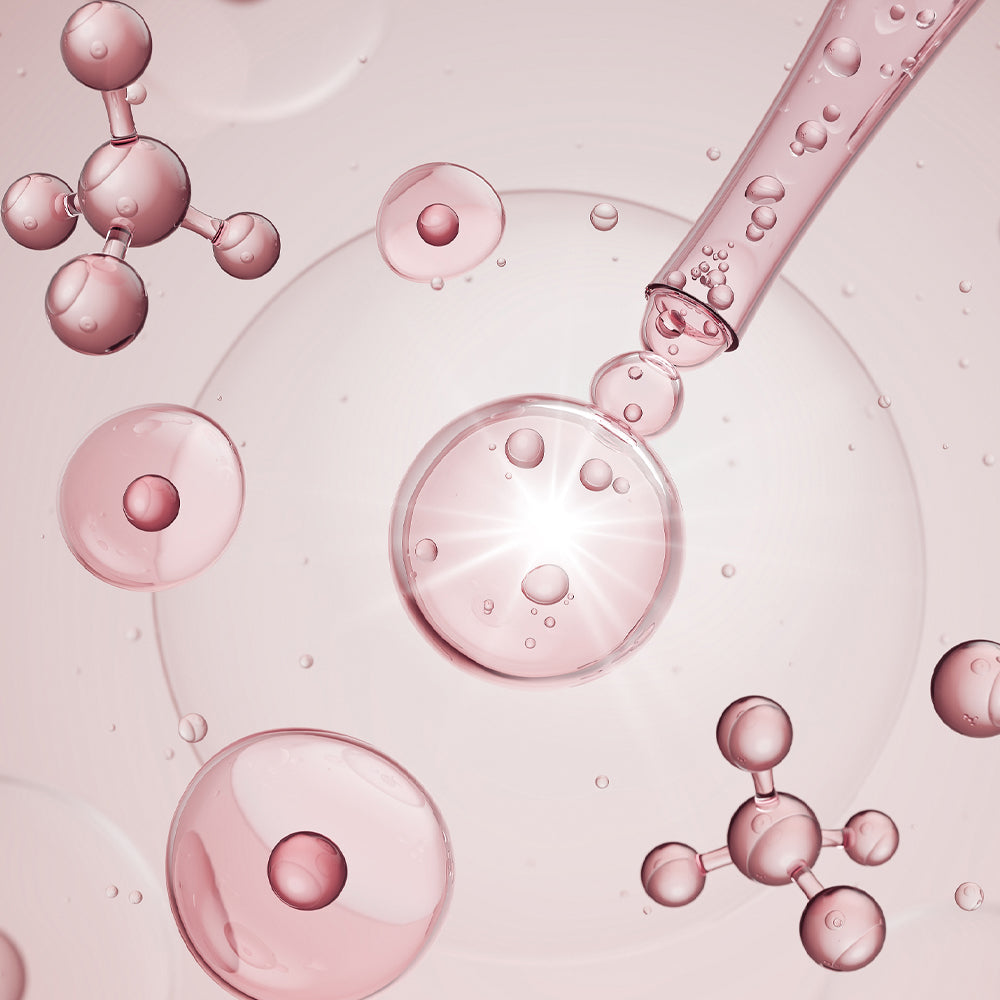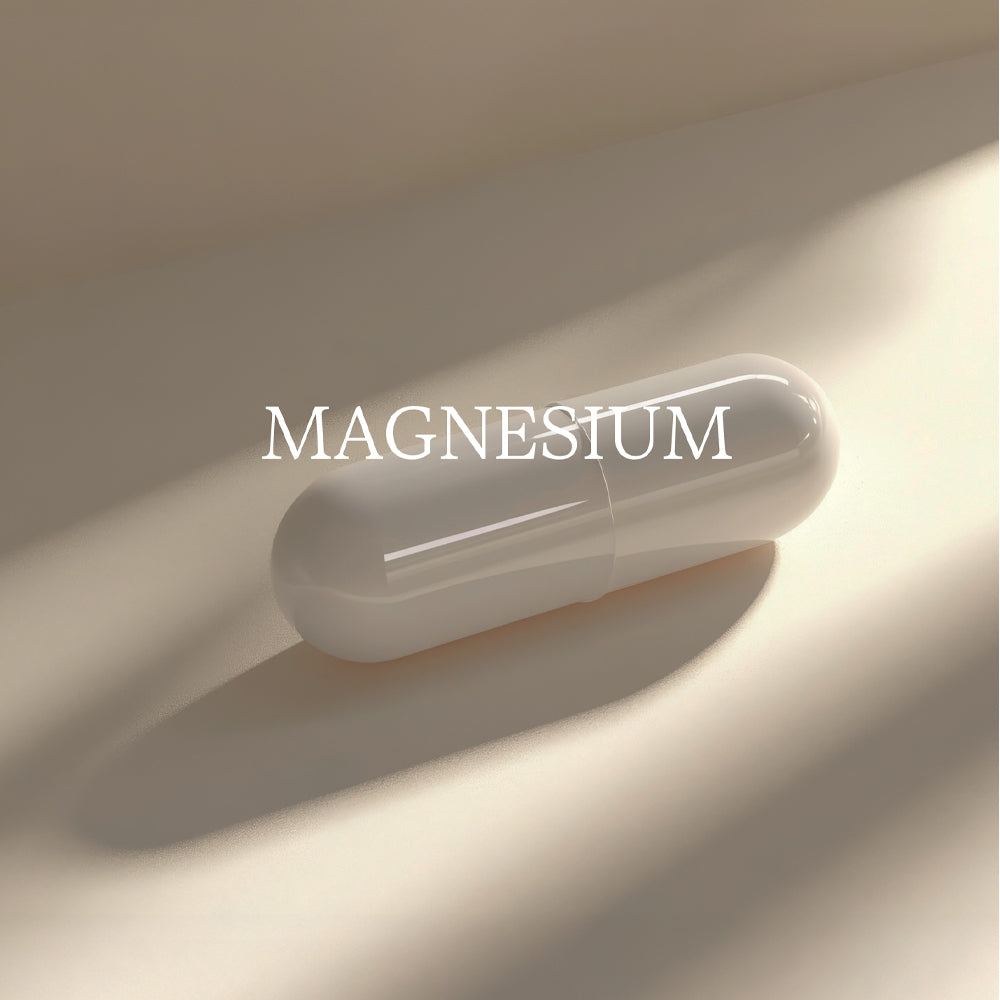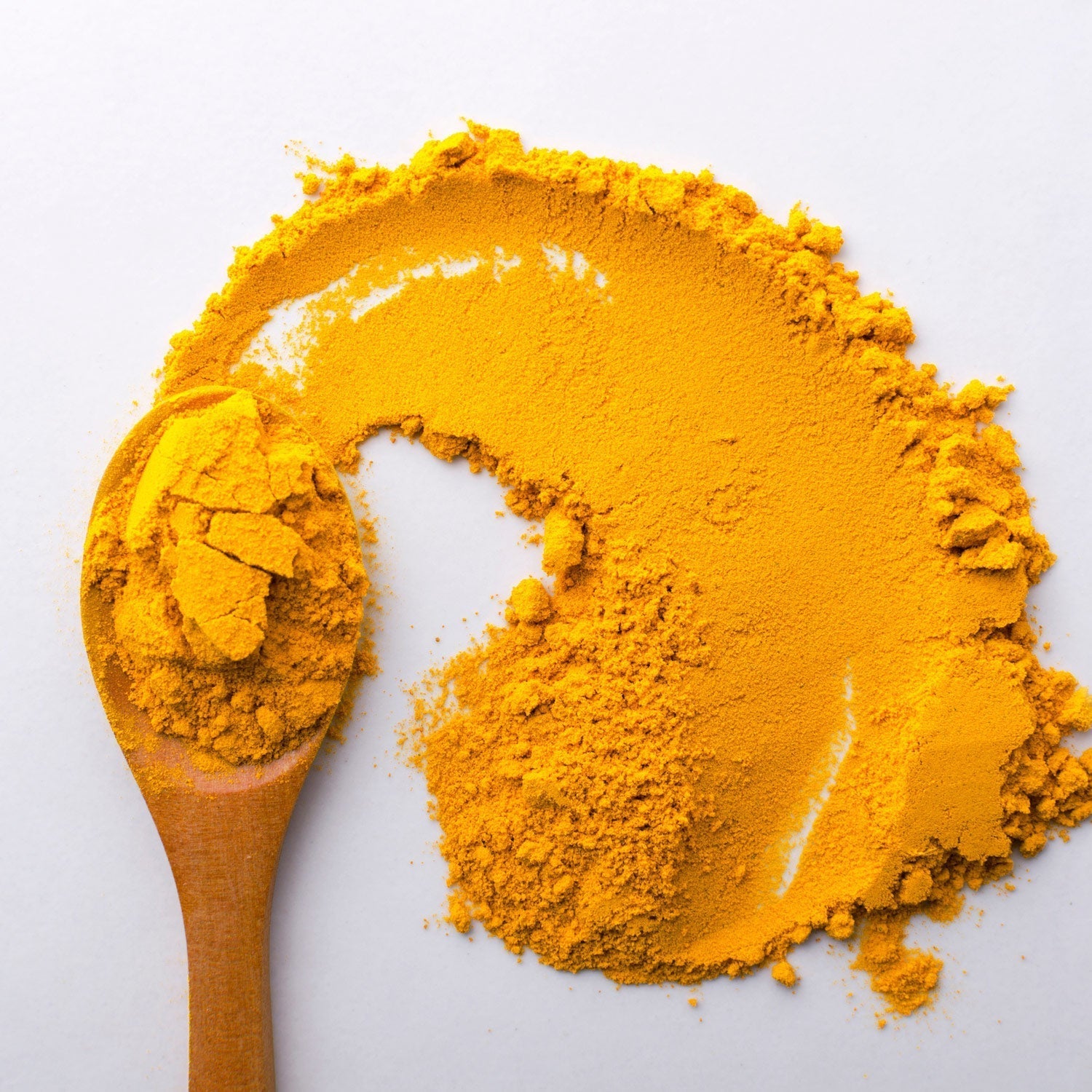
What is the difference between curcumin and turmeric?
In recent years, turmeric has become a new dietary trend. Well-known and used in traditional Indian medicine, known as Ayurvedic, it is increasingly being adopted in European habits and is even becoming a Western superfood.
What is curcumin?
Curcumin, the star spice of Indian gastronomy, is the rhizome (buried part) of the Curcuma Longa plant.
In France, it is most often used in powder form to flavor dishes and give them a beautiful color. Indeed, it is known for its very specific bright orange color. To obtain this powder, the rhizome is first dried and then ground. Turmeric is also used in capsules but also fresh (resembles ginger).
Turmeric and curcumin, what’s the difference?
It's important to distinguish between turmeric and curcumin. Turmeric is a plant composed of starch, essential oil, colorants, and curcuminoids, including curcumin. It's the latter that's of interest and provides turmeric with its many health benefits, including its anti-inflammatory properties. Curcumin is the main compound in turmeric and also the most well-known active ingredient among the curcuminoids.
What are the health benefits of curcumin?
Curcumin has long been used for its health benefits. It contributes to joint and bone health and helps relieve digestive disorders. The only problem with this spice is the low level of bioavailability of curcumin, meaning that it has difficulty reaching the bloodstream without being altered. In fact, the majority of ingested curcumin will be metabolized before being absorbed. In order to improve its bioavailability, curcumin capsules are often combined with black pepper (and more specifically piperine). However, regular intake of piperine can have an impact on the digestive system. This is why Biocyte has created CURCUMIN FORTE X185 , a formula based on micro-encapsulated curcumin. This dietary supplement will protect the active ingredient during its passage through the digestive system and improve the bioavailability of the product. Thanks to microencapsulation, the curcumin contained in the capsules is 185 times more bioassimilable.
New trend:
Originating in the United States and traditionally used in India, the golden latte or golden milk is a hot turmeric-based drink recognizable by its golden yellow color. It allows you to enjoy the health benefits of turmeric while offering you a pampering moment. The golden latte recipe:
• 1 cup of plant-based milk (almond or coconut milk)
• 1 teaspoon of ground turmeric
• 1 cinnamon stick or 1 teaspoon of ground cinnamon
• 1 small pinch of black pepper (to optimize the assimilation of turmeric)
• 1/2 teaspoon of powdered ginger, or a small piece of grated ginger
• 1 tablespoon of honey
Pour all the ingredients (plant milk, turmeric, cinnamon, ginger) into a small saucepan and bring to a boil, except the honey and pepper.
Whisk to combine ingredients. Reduce heat to low and let steep for 10 minutes.
Strain the milk if you have large pieces of ginger or cinnamon. Add the pepper.
When serving, add honey and a pinch of cinnamon to taste.
Discover our Liposomal Curcumin for better absorption and high bioavailability
Curcumin bioavailability: a challenge to be met to optimize its health benefits
The bioavailability of curcumin is an important aspect to consider when consuming it as a dietary supplement or spice. Unfortunately, curcumin has low bioavailability, meaning that much of the ingested amount is metabolized before it can be absorbed into the bloodstream. This problem limits its potential effectiveness.
Another promising approach is the use of microencapsulation to protect curcumin as it passes through the digestive system. Microencapsulation is a technique that involves encasing curcumin in small capsules, which protects it from enzymes and gastric acidity. This method allows the curcumin to be better protected and released in a more controlled manner in the intestine, thus improving its absorption.
Products such as Biocyte's CURCUMIN FORTE X185 use this microencapsulation technology to make curcumin 185 times more bioavailable than its natural form. This improvement allows users to fully benefit from the properties and health benefits of turmeric.
Author :
Sources:
• Belcaro G, Cesarone MR, Dugall M, et al. Efficacy and safety of Meriva®, a curcumin-phosphatidylcholine complex, during extended administration in osteoarthritis patients. Altern Med Rev. 2010;15(4):337-344.
• Marczylo TH, Verschoyle RD, Cooke DN, et al. Comparison of systemic availability of curcumin with that of curcumin formulated with phosphatidylcholine. Cancer Chemother Pharmacol. 2007;60(2):171-177. doi:10.1007/s00280-006-0347-2
• Shoba G, Joy D, Joseph T, et al. Influence of piperine on the pharmacokinetics of curcumin in animals and human volunteers. Planta Med. 1998;64(4):353-356. doi:10.1055/s-2006-957450
• Kunnumakkara AB, Anand P, Aggarwal BB. Curcumin inhibits proliferation, invasion, angiogenesis and metastasis of different cancers through interaction with multiple cell signaling proteins. Cancer Lett. 2008;269(2):199-225. doi:10.1016/j.canlet.2008.03.009
